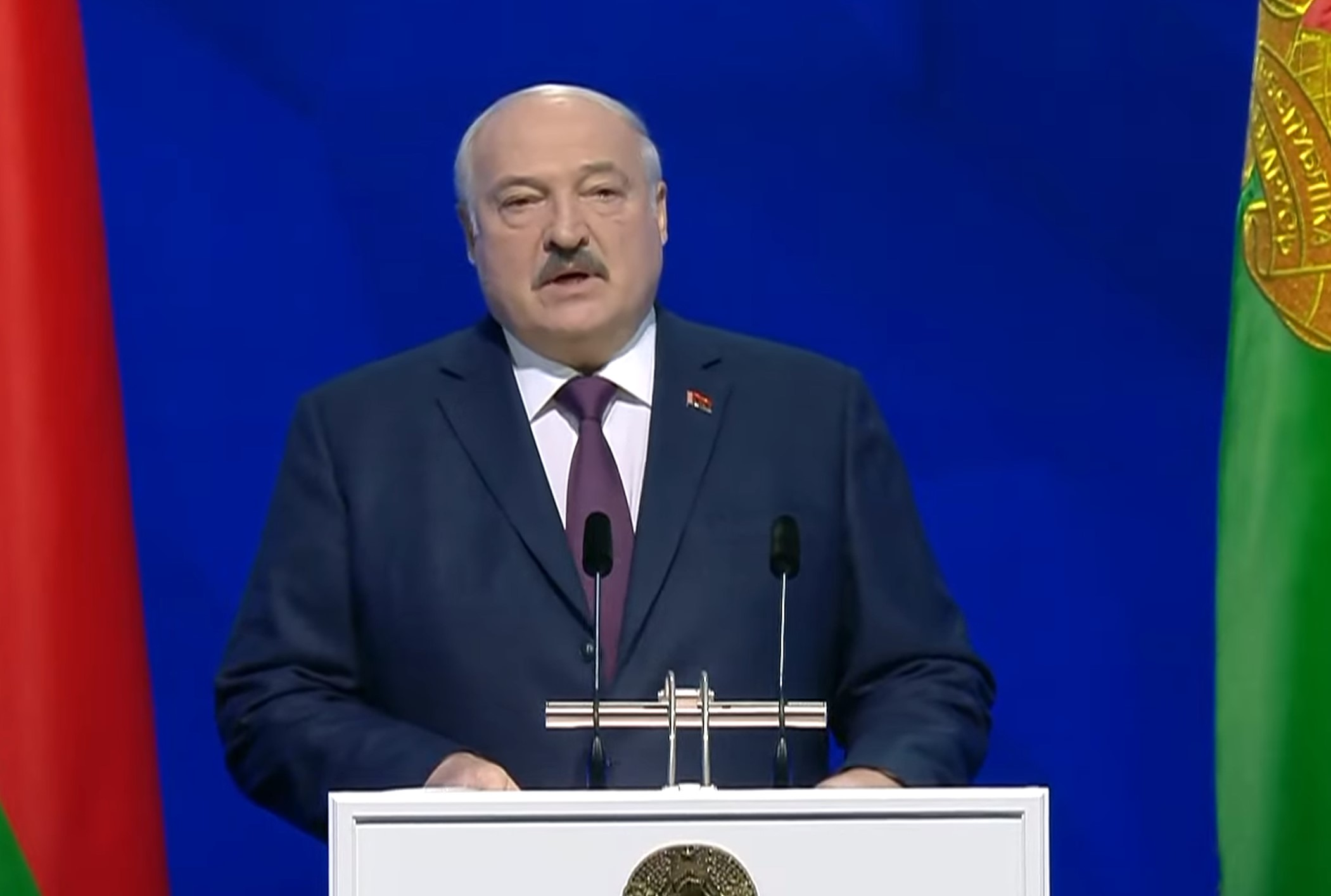Lukashenka aims to retain personal control as the authorities scale up repression and expropriations
 The situation has not changed
The situation has not changed

Lukashenka is attempting to derail transformation of his personalist regime to a collective model, raising concerns about efforts at party building. The security forces continue to shore up state finances with fines and surcharges and intimidate officials with threats of criminal prosecution regarding for losses in state-controlled enterprises.
Lukashenka’s message to the people and the National Assembly, was upbeat and expressed confidence that the country will remain under (his) control. The driving factor is likely the agreement with the Kremlin to deploy nuclear weapons on Belarusian territory of Belarus, which shores up Lukashenka’s personal position.
The first president confirmed that large-scale repression continues, forcing dissidents to disengage with the political process and expropriating the assets of opponents. Lukashenka is concerned that the “Belaya Rus'” party may undermine his position and will take steps to avert any such eventuality.
The authorities are targeting individuals who have made financial donations dissident organisations, deterring social activism. State sector purges continue.
In Homiel, GUBAZIK raided a garage cooperative and detained a “sleeper cell of extremists”. In Minsk, a citizen is on trial for donating to BY_help and Valery Tsapkala. An ex-employee of the “BelVEB” bank was sentenced to six years in the Black Book of Belarus case. The state-owned “Gomselmash” plant published video recordings of detained employees. Museums in Polack were raided and searched, several employees were detained. The KGB list of ”terrorists” opposing the Lukashenka regime continues to grow. The prosecutor’s office imposed a fine of 59,000 BYN for negligence against the former head of a state owned agricultural enterprise. Raids took place in several cities on the premises of the “100 Points” tutoring centre.
The influence of independent media and civil society is declining due to the elimination of independent mass media within the country, persecution of consumers of “extremist” publications, repression of dissidents, and forcing state media on public sector workers.
Meanwhile, state propagandists continue to synchronize their agenda of with Kremlin narratives.
Tax officials conducted over 100 inspections in the intercity passenger transportation field and identified 66 violations, while the tax office in Vitebsk assessed a private company as having additional income arising from cash payments.
The government does not consider increasing economic inactivity to be a problem. The authorities support state-owned enterprises, maintain repression, and permit emigration, mitigating possible tension in the labour market.
Lukashenka expects to significantly strengthen his position and maintain a personalistic management regime.
Subscribe to our newsletter




Situation in Belarus
Constitutional referendum: main consequences


 Video
Video
How to count the political prisoners: are the new criteria needed?


 Video
Video
Paternalism In Decline, Belarusian Euroscepticism, And The Influence Of Russia


 Video
Video












